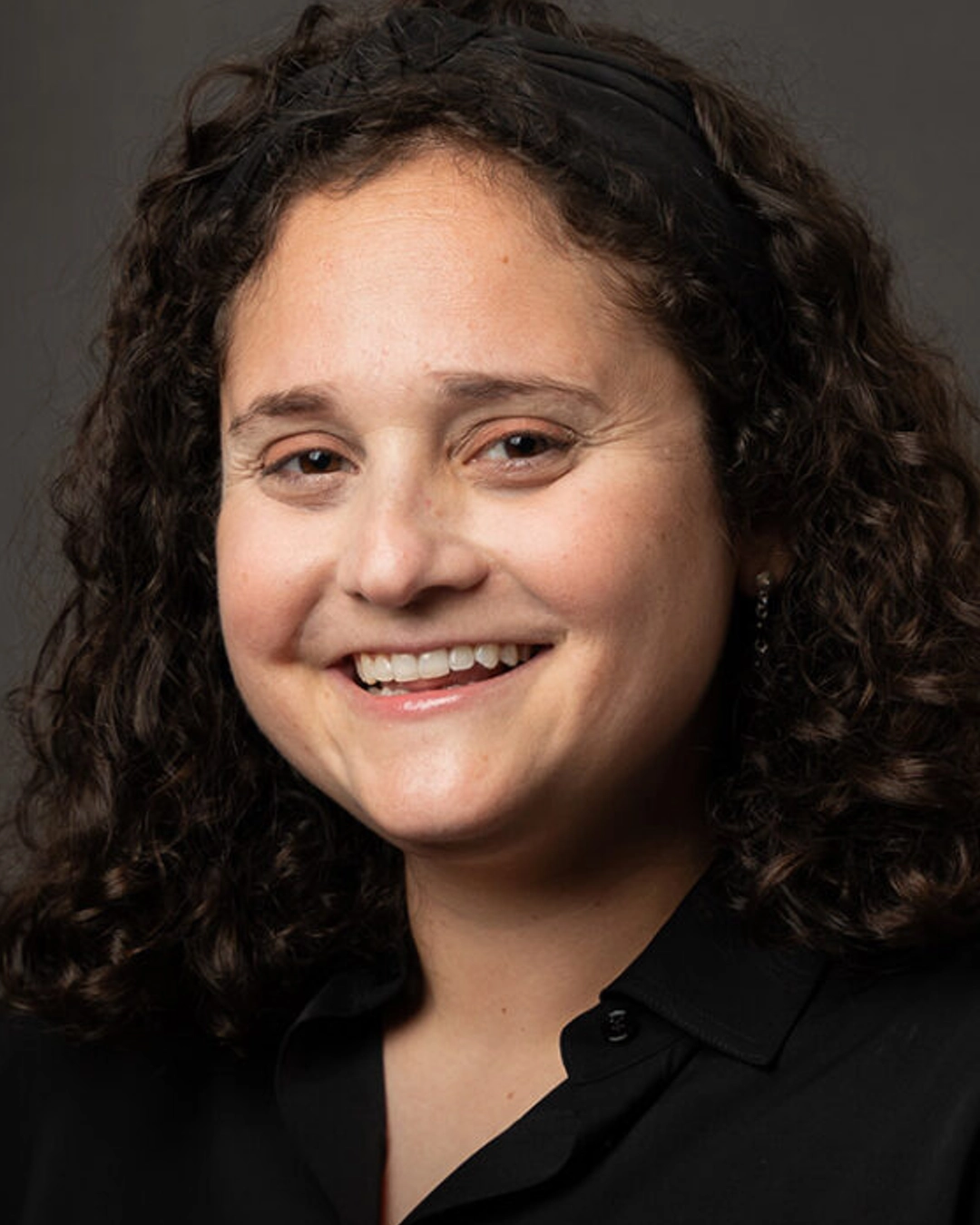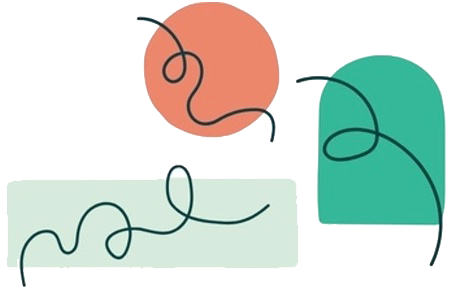In this Episode
In this conversation, Dr. Jessi Gold, Author of “How do you Feel?” discusses her book on mental health and burnout, particularly in the healthcare sector. She shares her personal experiences and insights on the subtlety of burnout, the cultural perceptions surrounding mental health, and the importance of self-care and compassion. The discussion emphasizes the need for individuals to recognize their own emotional states and the societal pressures that often prevent them from taking necessary breaks for mental health.
Dr. Gold advocates for a shift in how we view mental health issues, encouraging listeners to treat themselves with the same compassion they would offer a friend. In this conversation, we explore the complexities of emotional responses, particularly in caregiving roles. They discuss the importance of understanding and articulating feelings, the challenges of burnout, and the necessity of self-care and mindfulness.
The dialogue also addresses trauma, emotional disconnect, and the need for open conversations about mental health in the workplace. Jessi emphasizes that acknowledging one’s feelings and experiences is crucial for personal well-being and for fostering supportive environments in caregiving professions.

About This Week's Guest
Dr. Jessi Gold is the inaugural Chief Wellness Officer for the University of Tennessee (UT) System and an associate professor of psychiatry at the University of Tennessee Health Science Center (UTHSC).
Dr. Gold works clinically as an outpatient psychiatrist and focuses her work on students, faculty, and healthcare workers.
She has spoken at major national and international meetings across diverse settings, from academic institutions to hospital systems to the entertainment industry. She has written research and academic publications in JAMA, the American Journal of Psychiatry, and elsewhere and has been identified by Becker’s Hospital Review as one of the ‘Top 14 Chief Wellness Officers to Get to Know | 2024′.
She may be best known, however, for her general audience original publications that teach about mental health topics and decrease stigma that can be found in, among others, the Washington Post, New York Times, Forbes, SELF, and InStyle, as well as her expert media appearances in print, television, radio, and podcasts, and her large social media presence.
Dr. Gold is a graduate of the University of Pennsylvania, where she earned a B.A. and M.S. in Anthropology, in addition to being a Benjamin Franklin Scholar and Phi Beta Kappa. She also completed her medical degree at the Yale School of Medicine and her residency training in Adult Psychiatry at Stanford University, where she served as chief resident from 2017-2018. She has received numerous awards and accolades for her contributions in mental health and psychiatry, including the Dean’s Impact Award for her work during the COVID-19 pandemic in her previous hospital system, Washington University in St Louis School of Medicine.










